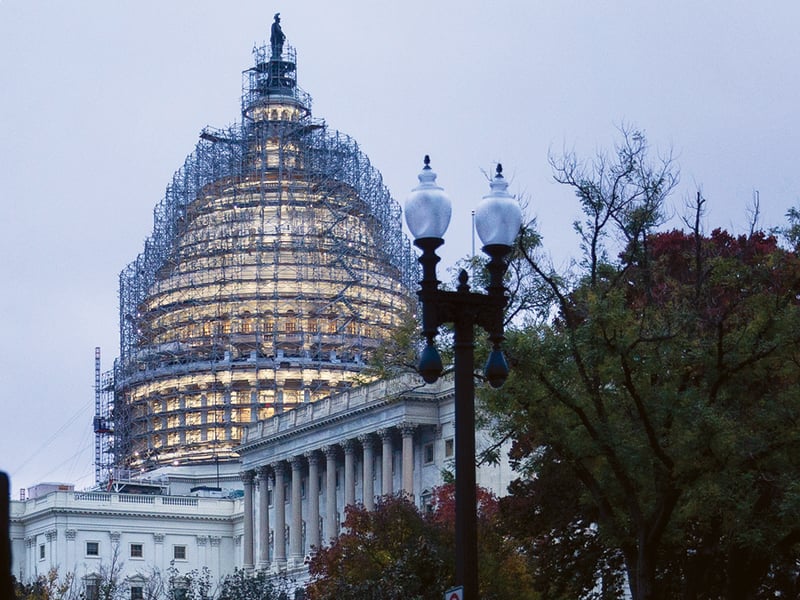The Senate on Tuesday approved, largely along party lines, a resolution to kill a Labor Department rule that would raise investment advice standards for retirement accounts.
The Senate passed the measure, 56-41, with three Democrats voting in favor: Sens. Joe Donnelly of Indiana, Heidi Heitkamp of North Dakota and Jon Tester of Montana. The Republican-led House passed the resolution last month with only GOP votes.
President Barack Obama has promised to veto the resolution, which was advanced under the Congressional Review Act that gives lawmakers 60 legislative days to vote to halt major regulations after they are finished. The DOL final rule was
released in April.
Neither the House nor Senate came close to a supermajority that could override a veto by Mr. Obama.
In an appearance at an Institute for the Fiduciary Standard event on Tuesday in Philadelphia, assistant secretary of Labor Phyllis Borzi, the primary architect of the rule, didn't seem concerned about the congressional action.
“This is the usual Washington Kabuki theater,” Ms. Borzi said.
(More: Coverage of the DOL rule from every angle)
The rule would require financial advisers to act in the best interests of their clients in 401(k)s, individual retirement accounts and other qualified accounts.
Supporters say it will protect middle-class savers from high-fee products that are recommended by advisers who are thinking more about filling their own wallets than their clients' best interests.
Opponents assert the rule will significantly increase regulatory costs for advisers and make investment advice much more expensive to give and receive.
“Compliance will be extremely complicated and expensive, resulting in increased consumer costs that will limit the services available to many modest-income investors,” eight financial-industry trade associations
wrote in a letter to senators Monday.
Senate Majority Leader Mitch McConnell, R-Ky., said investment fees could more than double under the regulation and that “many consumers could risk losing access to quality, low-cost retirement advice.”
Some Senate Democrats expressed reservations about the rule last year. Sen. Ron Wyden, D-Ore.,
wrote a letter to DOL Secretary Thomas Perez that was signed by several of his colleagues calling for changes to the rule.
During the Senate floor debate Tuesday, Mr. Wyden said he was satisfied with the modifications made to the regulation, and that he opposed the resolution to halt it.
“I'm pleased to see that the secretary took many of our suggestions,” Mr. Wyden said. “For example, our letter highlighted the importance of a smooth transition to the new rule, so the secretary took steps that include an extended implementation period.”
Ms. Borzi said the DOL's efforts to respond to criticism of the proposed rule during the lengthy comment period last year helped mute much opposition to the final rule.
“I found it fairly remarkable and somewhat gratifying that, except on Capitol Hill, we haven't had much bombast from the industry like we did when the proposal came out or in 2010 when the original proposal came out,” Ms. Borzi said.







